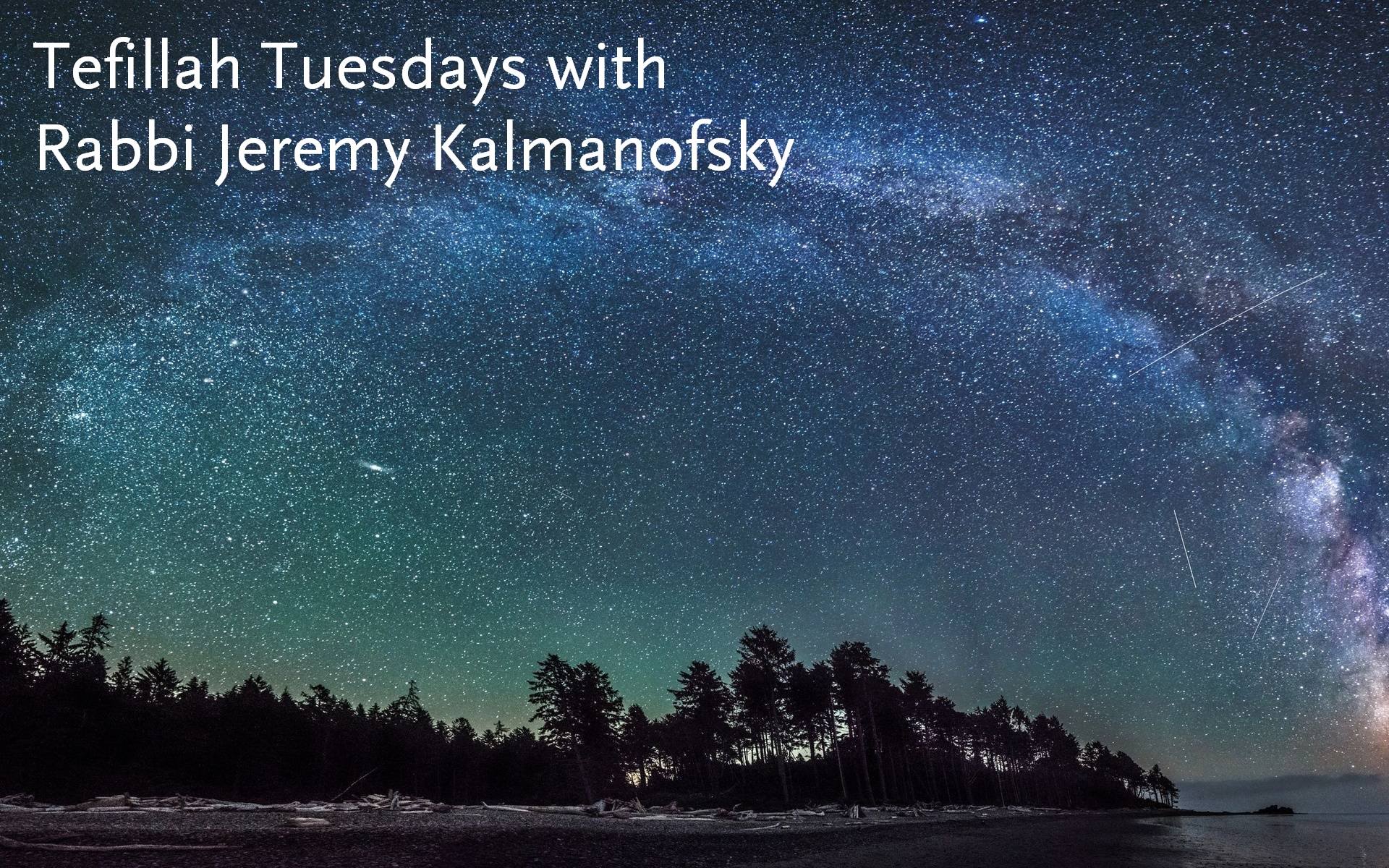Psalm 148 presents a harmonious chorus of heaven and earth. “Praise God from the heavens!” begins the first section, summoning praises from angels and celestial bodies. Then at mid-point the poem pivots: “Praise God from the earth!” inviting terrestrial creation to join the song.
When I daven this soaring lyric, I meditate on the intersection of the static, vast astrophysical order and the regular operation of its physical laws, along with the endlessly diverse forms of earthly biology, evolving chaotically, boiling with life. To set that stage, let me bring one idea from classical philosophy, applied to this Psalm by the 13th century Provencal Bible commentator R. David Kimchi, or Radak.
Medieval and ancient people thought the earth is composed of four elements: earth, air, fire, and water, which were perpetually in flux, combining to form animals, vegetables or minerals, then disintegrating again. But celestial realms, stretching into space, were composed of a fifth factor – what Latin-speakers called the “fifth element” or “quintessence,” what Aristotle called “aether” or “purified air.” Unlike common matter, quintessence was perfect and eternal, neither coming to exist as atoms and molecules, nor changing in history, nor disintegrating into component parts and dying.
The earth was diverse, chaotic, roiling with conflict, constantly changing. Heaven was still, orderly, perfect and always the same.
Of course, this is not how we think of physics nowadays. We understand that stars explode in birth and death, that over great distances the universe expands, and that chaos and unpredictable outcomes pervade infinitesimal sub-atomic spaces. Still, there remains truth in Alexander Pope’s turn of phrase that “God said Let Newton Be, and all was light.”
Science is able to explain so much to us and predict how the celestial bodies will behave. Davening the first section of this poem permits me to sing praises to the laws of physics, along with the sun, the moon, and [borrowing from Les Miz] “the stars in their multitudes filling the darkness with order and light.” That first section concludes with a blessing upon God “who established unbreakable orderly laws.”
Then the pivot: up there, all is uniform order; down here it’s a mad house.
The lyric invites praises from “sea monsters and ocean deep, fire and frost, snow and scorching heat, tornadoes at God’s command.” Fauna, flora and the land itself join the chorus next: “high mountains, small hills, fruit trees and cedars, all beasts wild and tame, creeping bugs and soaring birds.” Human diversity adds more polyphonic power: “Kings of every nation, princes and judges, boys and girls, elders and children.” Davening this second half brings into my own heart all that is wild and frightening, strange and unpredictable.
God’s complete and harmonious song asks us to daven for both order and chaos. Praise for the laws of physics, operating in the cells of your body. Praise for monsters and storms, bees, eagles and fellows and foreigners. הודו על ארץ ושמים. “God’s glory is written upon both earth and heaven.”





